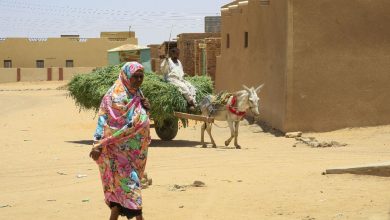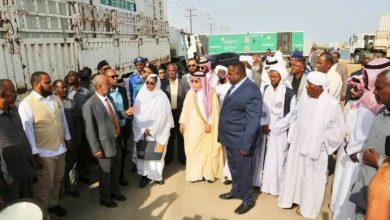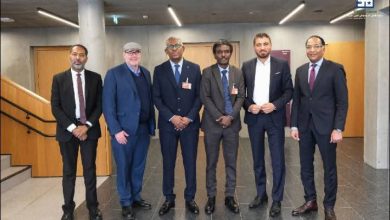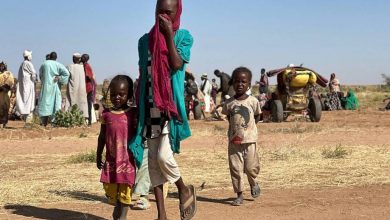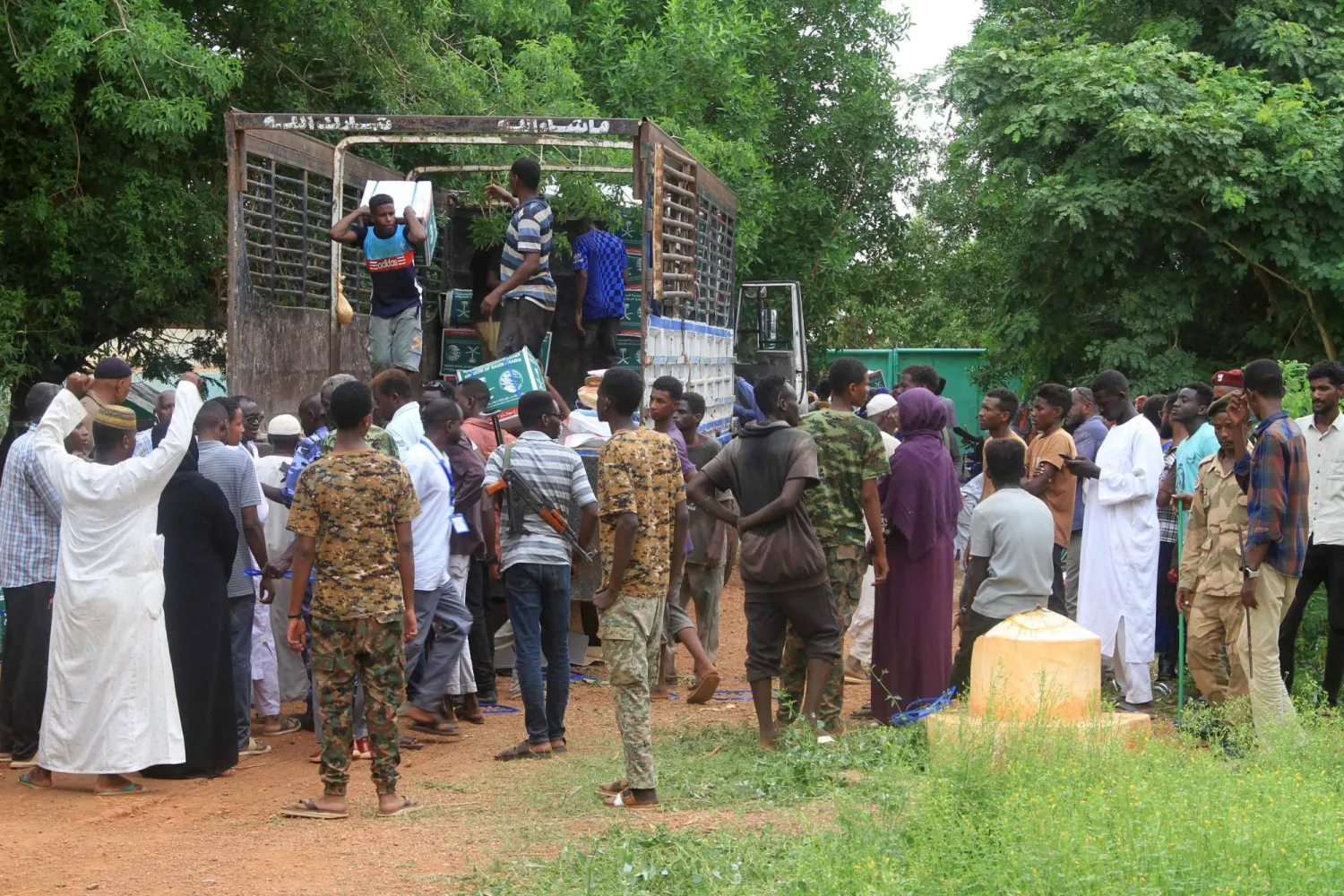
Among the graves scattered throughout residential neighborhoods in Sudan’s capital, Khartoum, Mawahib Abdelhai wanders after returning from a neighboring country in search of her father’s burial site. He was killed during clashes between the army and the Rapid Support Forces (RSF). Her father had refused to flee his lifelong home in Shambat, Bahri — an area that fell under RSF control since the outbreak of conflict in mid-April 2023.
With grief and regret, Mawahib admitted that after long and futile searches, she found no trace to guide her to her father’s grave. Despite her determination to endure the hardship of finding his resting place, even if only his remains, she has come to realize that the task is nearly impossible amid the countless individual and mass graves.
In a lowered voice, she confessed that she never imagined her father would be buried without her last farewell. That absence leaves her unsettled, blaming herself for the painful decision to leave him behind to face this tragic fate alone.
Urgent Calls
As fighting between the army and RSF expanded — with indiscriminate attacks on populated areas, especially in Khartoum, Gezira, Darfur, and Kordofan — civilians were left trapped between frontlines. The collapse of healthcare added to the misery, causing deaths on a wide scale that remain uncounted due to the absence of official authorities. Security conditions prevented burials in public cemeteries, forcing residents to bury their loved ones in open fields, mosque courtyards, schoolyards, under trees, and even inside abandoned homes.
Resistance Committees in Khartoum have issued urgent appeals for intervention to collect bodies and address the post-war fallout. In a statement, they urged the Ministry of Health, forensic medicine authorities, security forces, and families of the deceased buried in residential areas during RSF’s control — when people were barred from reaching recognized cemeteries — to transfer the graves. They noted that since the army retook the capital in March, more than 117 new burial sites have been recorded, many at risk of being washed away by rains if not relocated.
Later, Chief Forensic Officer Hisham Zain al-Abidin announced that the department had begun burying around 3,800 bodies after Khartoum was declared free of RSF control. He stressed that the service is free of charge, pledging to do everything possible to recover graves within neighborhoods, ensure safety, and help families identify their dead.
Death Without Mercy
Mohamed Ibrahim, who was trapped for two years in al-Azhari district of Khartoum, recalled:
“Since the war began, RSF spread through residential areas with heavy weaponry, using civilians as shields, while the army pounded us with deadly airstrikes. Both sides brought death without mercy.”
He added that hundreds perished while the health system collapsed. “What was most horrifying was the graves within neighborhoods. Authorities could not document or relocate the dead, so residents buried bodies in houses, under trees, in courtyards, mosques, and schools. RSF prevented access to official facilities.”
For Ibrahim, coexisting with graves has left deep psychological scars: “Many of the dead were our elders who once shared evening tea and conversations about politics. Their families — now displaced — insisted on burying them near home, waiting to return. But that’s wrong. Graves must be moved, for health reasons and so displaced families can one day return to habitable neighborhood.
Markers on Graves
Ahmed Abdelrahman, a member of Omdurman’s Emergency Room, explained:
“Cities and villages across Khartoum witnessed widespread burials outside cemeteries. Many returnees were shocked to find bodies inside their homes. Volunteers, in coordination with authorities, had to exhume remains — often only skeletons — and rebury them in public cemeteries. Identifying them was almost impossible.”
He stressed that Sudan’s dire health conditions cannot withstand bodies left in homes and streets. Recently deceased were at least recorded, with grave markers placed to help families trace them later. He also highlighted the urgent need for disinfection, fumigation, and environmental cleanup across neighborhoods.
A Shocking Reality
Dr. Mohamed Abdelkarim, from a health center in Omdurman, said Khartoum has suffered enormous devastation from nearly two years of conflict between the army and RSF. “The reality is shocking: burials outside cemeteries created thousands of unidentified remains. They also became breeding grounds for disease vectors, contributing to outbreaks like the cholera epidemic now worsening in the capital.”
He added that scattered graves across the state require massive environmental health campaigns. Exhumation and reburial, he argued, is both an honor to the dead and protection from rain damage. But beyond the public health risk, the constant sight of graves inside neighborhoods feeds trauma: “Many residents suffer nightmares, fear, and panic linked to these haunting reminders of war.”
He urged families to let go of the idea of keeping their loved ones’ graves within homes until their return from displacement: “There is no benefit in clinging to decomposed remains. What’s needed is public awareness of the importance of transferring bodies from residential areas and purifying them before citizens can safely return.”

